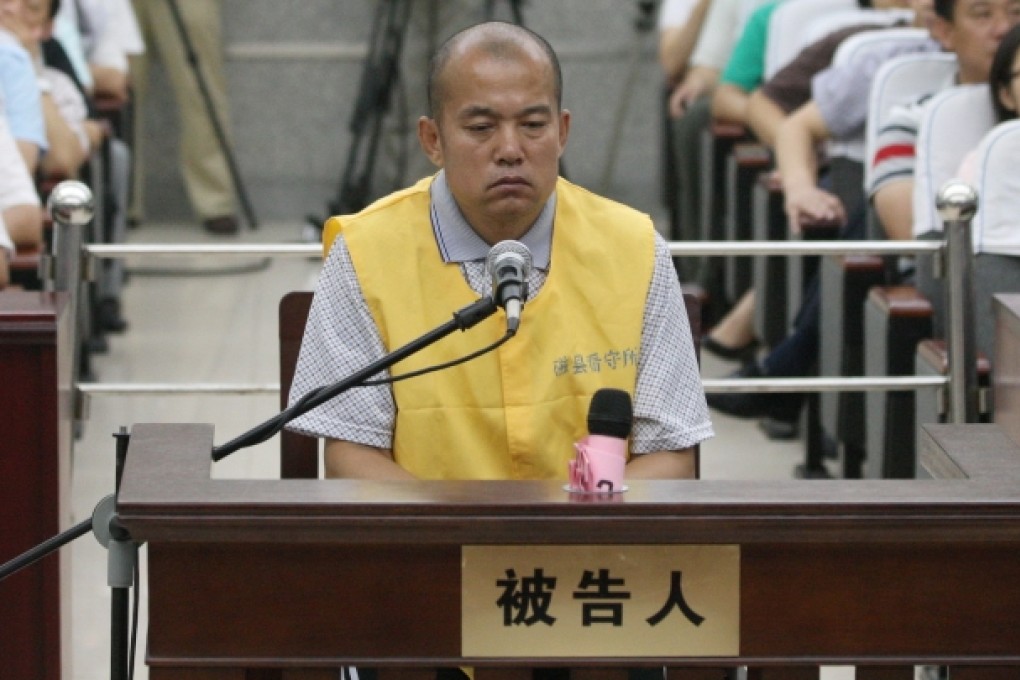China's courts must face up to their own errors
Zhou Zunyou says public outrage over a likely case of wrongful conviction points to need for reform

The case of Nie Shubin has returned to the spotlight of public opinion. Nie was executed in 1995 for raping and murdering a woman in Shijiazhuang, Hebei province. In early 2005, the detained serial killer Wang Shujin, in a surprise confession, admitted to the Shijiazhuang crime for which Nie had been blamed.
In Wang's first-instance trial in 2007, he was sentenced to death for three rape and murder cases. But Wang appealed to the Hebei provincial court, arguing for leniency on account of his confession to the Shijiazhuang murder, and thus contribution to clearing Nie's name.
On June 25, the provincial court heard the appeal. Wang insisted on his guilt in the fourth rape and murder case, but prosecutors dismissed the claim because they said his testimony did not fully match the details of the crime.
Media reports on the latest trial sparked another round of heated discussion among legal professionals and human rights activists. It is widely believed that the outcome of this trial will be used to decide whether the Nie case should be retried.
Of course, if Wang is proven to be the real perpetrator, Nie must be exonerated. Here is the problem: Hebei authorities may be resolved to insist on Nie's guilt by denying Wang's involvement in the Shijiazhuang crime.
There are good reasons why the Nie case should be retried, even if Wang cannot be proved to be the real perpetrator.
First, Wang's firm confession has already undermined the trustworthiness of Nie's guilt. While it is possible that Wang is lying to save his own life, it is also very possible that he is indeed the perpetrator, as he claims. Even if the provincial court disputes it, the Hebei authorities have lost the credibility to maintain their stance on the Nie case.
